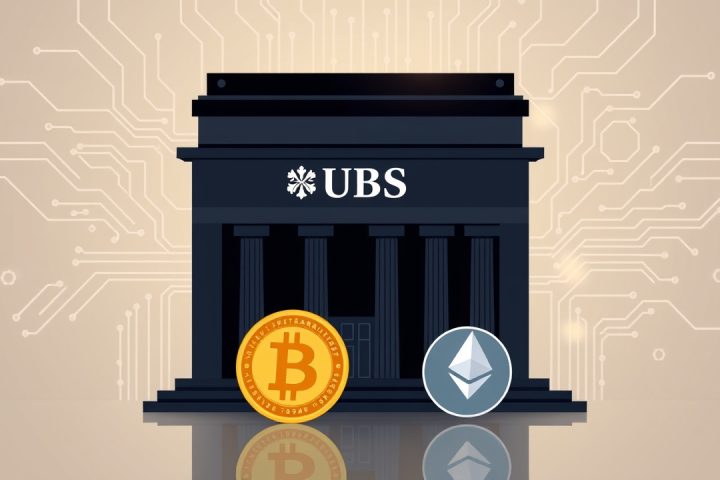Ethereum’s Upcoming Hard Fork: Fusaka
Ethereum is preparing to launch its much-awaited hard fork, named Fusaka, which will bring about significant changes in how transaction gas limits are managed. The Ethereum Foundation announced this upgrade on Tuesday, October 21, 2025, detailing that the new proposal, known as EIP-7825, will implement a gas fee cap of 16.78 million gas per transaction once it activates on the Ethereum mainnet.
Enhancements in Scalability and Efficiency
This upgrade follows successful implementations of EIP-7825 on the Holesky and Sepolia testnets, and its upcoming activation is seen as a pivotal step in enhancing Ethereum’s scalability and efficiency. Previously, transactions had the potential to use an entire block’s gas limit, approximately 45 million gas, which posed risks of denial-of-service attacks and hindered the ability to run multiple transactions in parallel.
Key Features of EIP-7825
EIP-7825 introduces a strict upper limit of 2²⁴ gas per transaction, aiming to make block packing more efficient and establish a foundation for improved parallel processing in future execution environments. While this cap alters how gas is managed per transaction, the overall gas limit for blocks remains intact. This means that transaction blocks will feature numerous smaller and more predictable transactions, rather than larger, less predictable ones.
Preparing for the Fusaka Upgrade
As the Fusaka upgrade approaches its mainnet launch, expected on December 3, 2025, it’s important for developers and users who typically engage in heavy transactions to adapt accordingly. The Ethereum Foundation has recommended that those utilizing significant transactions review their smart contracts and transaction parameters in light of the new cap.
“For the majority of users, this upgrade won’t disrupt their experiences, as most transactions are already well under the 16 million gas threshold,” stated Toni Wahrstätter, a researcher at the Ethereum Foundation. “However, certain contracts, especially those involving batch operations, may run into issues if they exceed this new limit, rendering those transactions invalid after Fusaka goes into effect.”
The successful Sepolia testnet deployment has been crucial for stress testing these improvements ahead of the mainnet rollout, marking another step forward in Ethereum’s continuous efforts to enhance its network capabilities.




